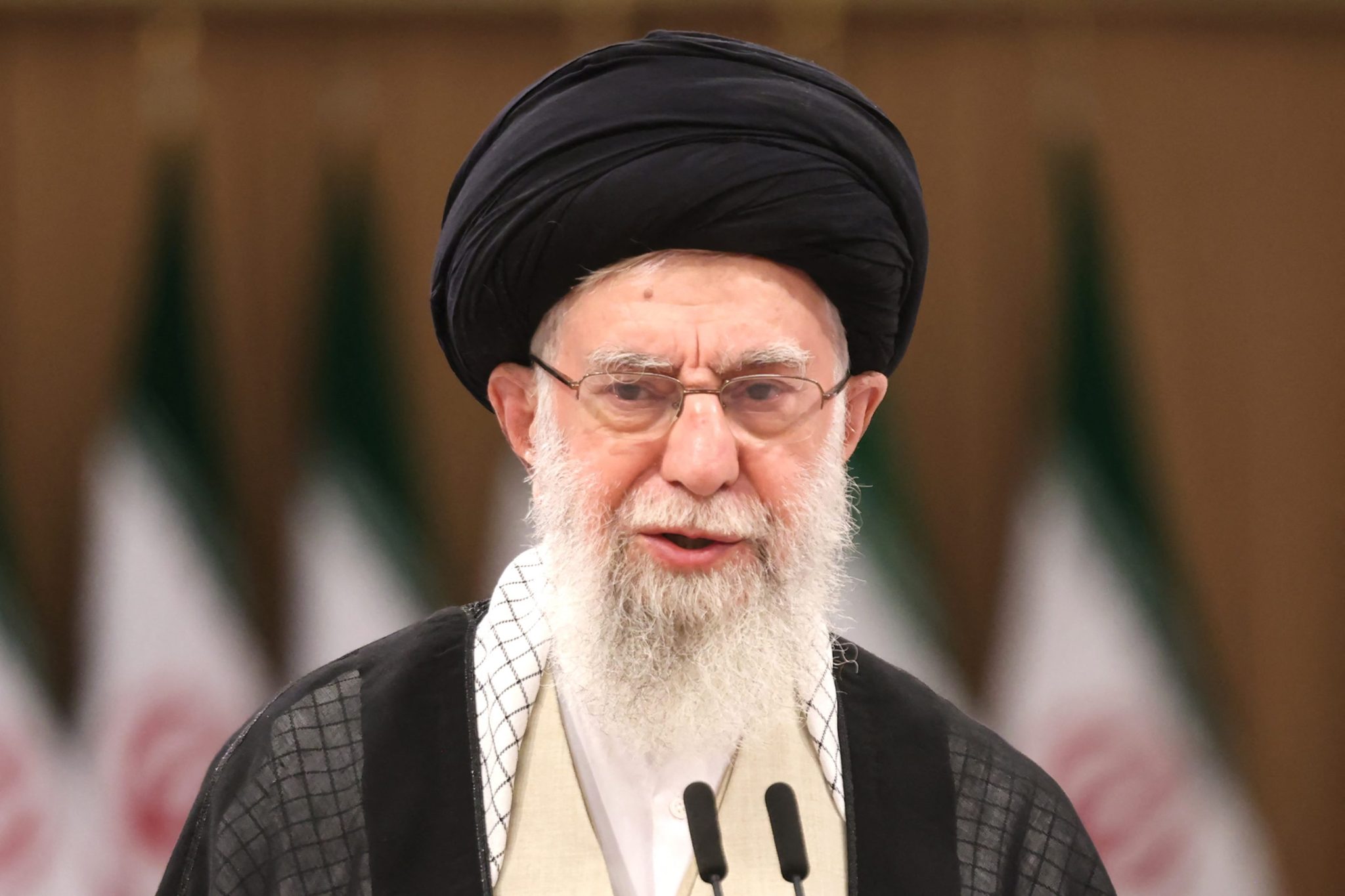The assassination of Hamas leader Ismail Haniyeh sent the price of oil higher on Wednesday over worries in the market that Israel’s war on the terrorist group in Gaza might spill over to the broader region.
Middle East experts fear the attack, carried out on Iranian soil while Haniyeh was a guest of the regime, would leave Tehran’s aging leader Ali Khamenei with little choice but to retaliate. It comes hours after an Israeli strike targeted a Hezbollah commander, another Iran-backed terror group believed behind the recent bombing of Druze children in the Golan Heights.
Brent crude, the global benchmark, rallied as Khamenei threatened Israel with “severe punishment” after violating its borders: “It is our duty to take revenge”.
Futures prices for the front-month contract on London’s ICE exchange surged nearly 3% to $80.81 per barrel, shaking off recent bearish sentiment over weak demand from China, the world’s second-largest economy. The next catalyst is due later today when the Energy Information Administration releases its weekly inventory report of U.S. petroleum reserves.
Following this bitter, tragic event which has taken place within the borders of the Islamic Republic, it is our duty to take revenge.
— Khamenei.ir (@khamenei_ir) July 31, 2024
The Strait of Hormuz straddling Iran on one side and Oman on the other is the “world’s most important oil chokepoint,” connecting the Persian Gulf with the key maritime shipping routes, according to the EIA.
Strait of Hormuz
Roughly a fifth of global demand passes through the Strait every day, and analysts at ING warned risks emanating from the region could easily affect economic activity throughout the world via logistics delays and rising insurance premiums for seafaring cargo.
“If the Strait of Hormuz is in any way disrupted, the impact on oil and global trade could be huge,” ING said. Should rising petroleum prices cause gasoline to spike once more, inflationary pressures could delay rate cuts from the U.S. Fed and conceivably become an election issue in November.
Much of the oil navigating the Strait is pumped by Aramco, the $1.8 trillion exchange-listed energy giant controlled by Saudi Arabia. Iran is Saudi’s chief adversary in the region and the pair only recently restored diplomatic relations.
The kingdom could be dragged into the conflict, a key risk since it is the only OPEC+ country that can easily respond to supply…
Click Here to Read the Full Original Article at Fortune | FORTUNE…


